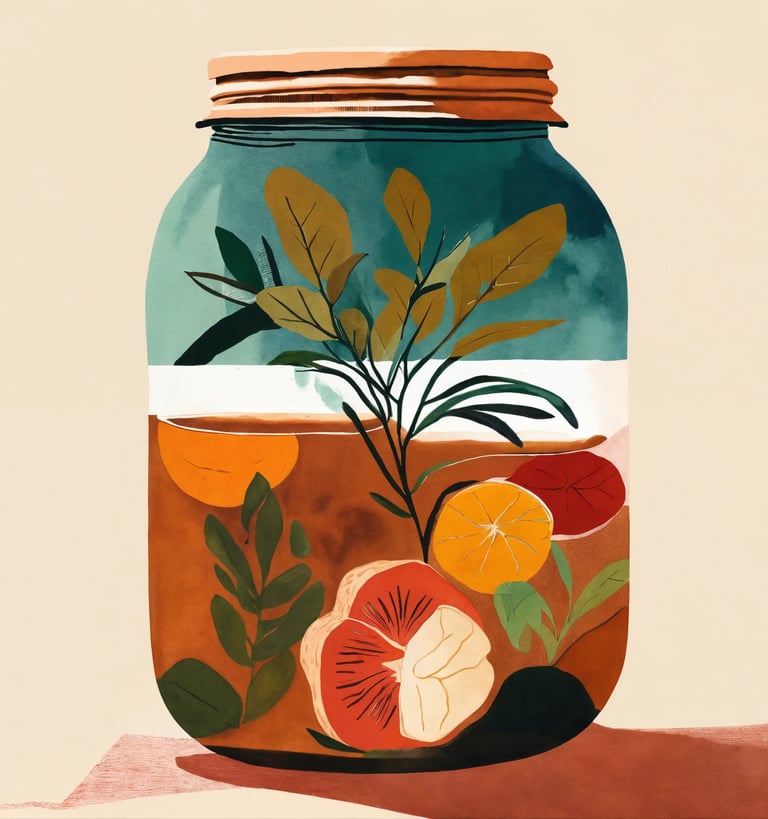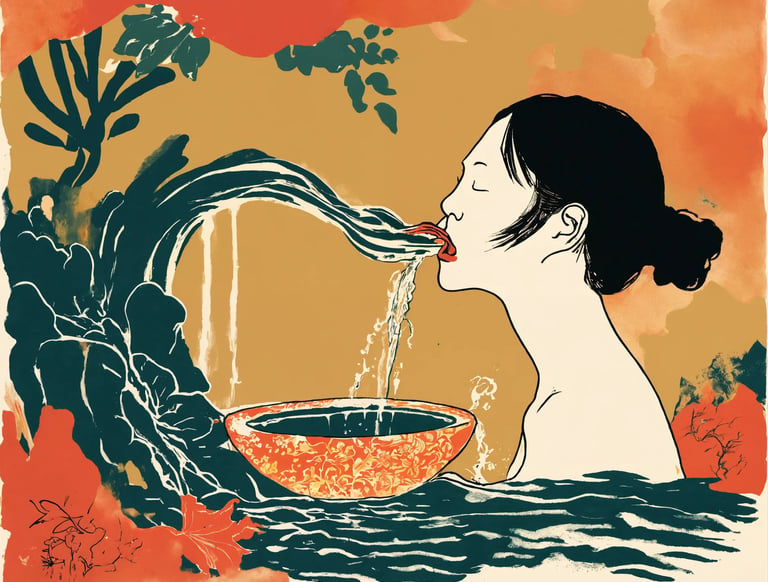What is Naked Kombucha?
At its core, kombucha is a lightly carbonated, soured fermented beverage traditionally crafted from sweetened tea, utilising a blend of premium ingredients including sugar, Camellia sinensis tea leaves, filtered water, and a Symbiotic Culture Of Bacteria and Yeast, affectionately known as a SCOBY.
This intricate fermentation process involves the transformative interplay of microorganisms, converting the sugary tea into a remarkable elixir. As the yeast within the SCOBY symbiotically harmonises with the tea's natural sugars, a delightful metamorphosis occurs, giving birth to what we affectionately call naked kombucha.
The result? A delectable, nourishing, and lightly alcoholic beverage that caters to all ages, providing a refreshing alternative to contemporary carbonated drinks that often rely on synthetic additives to replicate its distinctive sweet-tart flavour.
In a world where poor dietary choices and chronic stress contribute to numerous modern ailments, kombucha emerges as a potential ally. Functioning as an adaptogenic tonic, kombucha boasts elements that offer nutritional and digestive support, fortify the immune system, and aid in purging toxins from the body's bloodstream and organs.


Unveiling its Mysterious Origins: the ‘Tea of Immortality’


Kombucha's historical journey is as enigmatic as it is captivating. Its origins are steeped in the mist of ancient Manchuria, believed to trace back to around 200 BCE. From this mystical land, it embarked on a journey eastward to Japan, propelled by the legendary endeavours of a revered Korean physician named Kombu. Hence, the drink earned its fitting moniker "Kombucha," with "cha" signifying "tea" in Chinese. It is said to have been called the "Tea of Immortality" in ancient Chinese medicine, adding to its mystique and allure.
By the early 20th century, it had traversed to Russia, then disseminated to other corners of Eastern Europe, Germany, and Italy. Given that tea has its roots in China and fermentation has been an enduring practice in Chinese culture, it's reasonable to surmise that China serves as the most probable birthplace of Kombucha.
Since then, Kombucha has been the subject of study for over a century by scientists worldwide, experiencing a recent resurgence of interest beginning around 2000.
